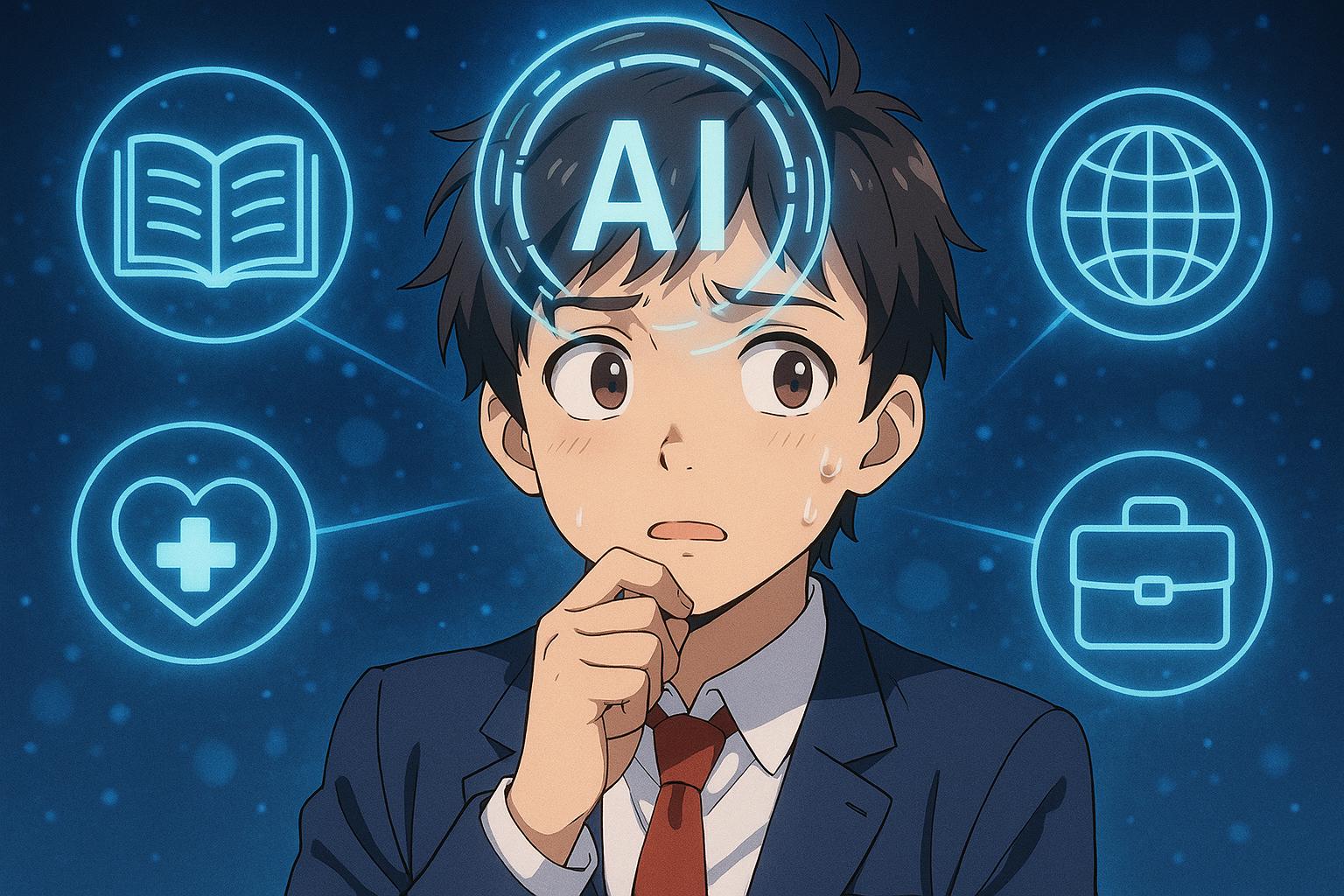A recent global study conducted by Yugo, a prominent international student housing brand, has unveiled intriguing insights into students' perceptions of artificial intelligence (AI). Engaging over 7,000 students from its residences across nine countries, the study reveals both enthusiasm and apprehension regarding the influence of AI on education and future job prospects.
In the UK, almost half of the surveyed students—44%—expressed excitement about AI's potential, particularly its applications in healthcare, education, and environmental sustainability. A significant proportion, 43%, are already leveraging AI tools to enhance their academic work, using them for tasks such as proofreading, grammar checking, and idea generation. This enthusiasm is tempered by apprehension, as 78% of British students worry about the technology's impact on their future employment opportunities, and 56% are concerned about a potential decline in human intelligence as reliance on AI grows.
Yugo's Chief Operating Officer, Joe Persechino, highlighted the dual-edged nature of this sentiment, stating, “This research is groundbreaking in both its size and geographical reach... It reveals much excitement about the potential of AI, particularly in education, healthcare, and technology. But there is clear concern about its threat to students’ job prospects.” To address these concerns, Yugo has initiated "The Power of AI" training programme, aiming to equip students with essential skills for an AI-centric future through interactive workshops and hands-on training sessions as part of their Live Your Best Life initiative.
The perceived benefits of AI extend beyond the classroom for UK students. More than half believe that AI could significantly enhance healthcare delivery (57%) and improve work-life balance (55%), while nearly half (48%) see it as a potential catalyst for quicker climate change solutions. Interestingly, a growing number (22%) hope AI can also enhance access to mental health resources—areas historically underfunded and difficult to access.
However, societal concerns are prevailing. The survey reveals a notable disparity in apprehension between genders, with 65% of female students in the UK expressing fears about the erosion of human interactions due to AI compared to 50% of male counterparts. This reflects a broader trend of heightened AI hesitance among female students, indicative of a need for more inclusive discussions around technology's role in society.
Such concerns are echoed by other studies indicating a global trepidation surrounding AI's integration into education. Research published in the International Journal of Educational Technology in Higher Education found a generally positive attitude towards generative AI among students, recognising its potential for personalised learning. However, concerns about accuracy, privacy, and ethical implications were also prevalent. Similarly, a survey by the Digital Education Council revealed that over half of students believe excessive reliance on AI could devalue their educational experiences.
Despite the enthusiasm for AI's capabilities, there is a palpable fear that its misuse could lead to a decline in critical thinking and academic integrity. Reports highlight that many students express fears of becoming complacent or losing essential skills as a result of AI's growing presence in academic life. An American study found that while students appreciate AI tools for their supportive roles in study and research, there are mounting worries about overreliance and data privacy.
With a changing educational landscape, the necessity for academic institutions to adapt is clear. Higher education must undertake discussions around the ethical use of AI and implement robust frameworks to manage its integration into curricula. Comprehensive AI education, alongside ethical standards, can bridge the gap between its advantages and potential pitfalls.
Ultimately, as Yugo's research captures, students are eager to embrace AI, yet they navigate an array of fears about its implications, thus underscoring the importance of preparing both students and educational institutions for the realities of an AI-driven future.
Reference Map
1: Paragraphs 1, 2, 4, 5, 6, 7, 9
2: Paragraph 3
3: Paragraph 8
4: Paragraph 6
5: Paragraph 8
6: Paragraph 8
7: Paragraph 8
Source: Noah Wire Services
